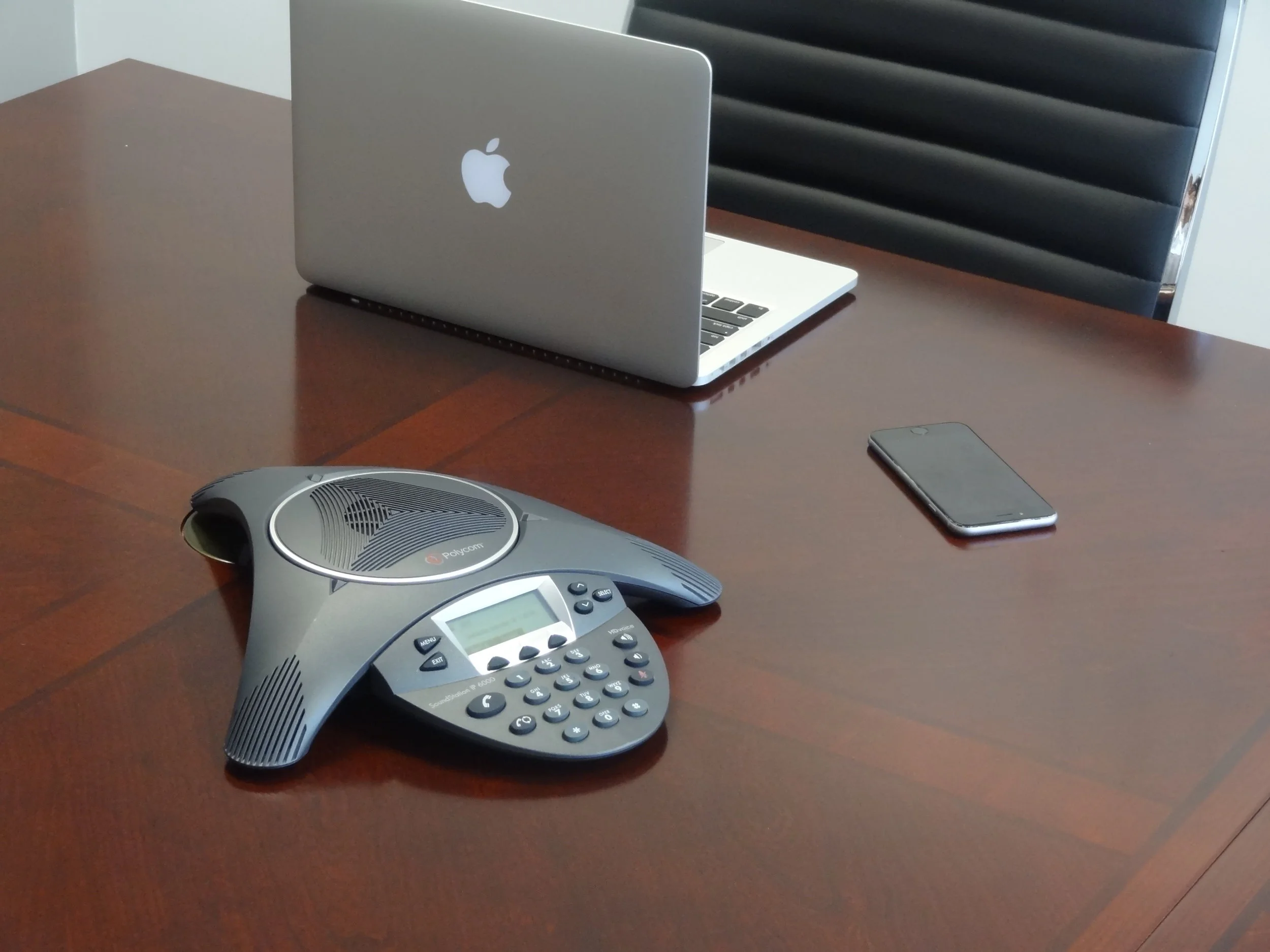Being Unique
/I had recently sent an employee to an annual company conference, having hopes that he would return with insightful information relating to their newly promoted products. Unfortunately, the information gathered from the employee was something that I had already heard before. Another company had already promoted a replica of this product, it just had a different name. In fact, both companies were essentially marketing the same product based upon the same ideal function.
The Toughest Questions
So, what makes you unique? Why should I work with you over a different company? What is your differentiator?
You can put marketing names on any product to make them sound unique, however, in the end it is solely the features or methodology that verify uniqueness. Failing to verify the unique features within your product will classify you as a “Me Too” company and what is the fun in that?
In the product business, true differentiation is the only play. The world didn’t need another car company that used gas powered engines, the world needed a Tesla to make something no one else offered. Traditional car companies fight over interior features and gas mileage (which is basically as good as it will ever get). But now, because of Tesla, the consumers get choices. Battery or gas? Distance or lower emissions? The other car companies making battery powered cars are trying to catch the leader.
What About Professional Services
Building value is the single most important thing you can do in the professional services business.
I will use another example from my recent experience. Our accounting firm recently closed, due to the owner retiring. The owner closed up the firm and sold his practice to another. When we met with the new firm we were hesitant but were assured the service would be the same and even better than the last company.
So, we had them do our taxes. When completed, we wanted to review for errors, and there were some errors. Once corrected, the firm demanded payment before they would file the taxes. However, the last firm gave us terms, as is common when dealing with business-to-business transactions. Additionally, the final product was inferior to what we had previously experienced, so inferior that we had to ask for the previous tax document, the original one that included errors.
The last firm gave us bound returns with actionable items indicating what to do and where to sign. However, the new company gave us a stack of papers, bound by a rubber band and paper clips, with no instructions. When we complained about this level of product, they told us we were wrong, had old thinking and that we should just get them online using an insecure system.
In this example we have a case of clear differentiation. This makes it easy for us to look for another firm next year, because we were told that we were not the type of client they wanted. They are looking for the express lane self-checkout type of client instead of the client that wanted the store to bag the groceries.
Being Unique
But does differentiation make you unique? In the Tesla example, there is a clear unique proposition in gas vs. battery. But if we are comparing Ford vs. Chevy, unique isn’t the word I would use for that. And both of those car companies are in a race to the bottom ($10,780 off a new truck means you’re way overpriced and a commodity).
In the professional services example, the two companies charged the same price, roughly, for the tax preparation process. So, there is no unique value proposition. The owner made it clear that we were to accept his inferior product for the same amount of money and to adjust our thinking.
So how can you be unique? Do you want to be Chevy or Tesla? Accounting firm option A or B? Perhaps there needs to be an option C. What can you do to differentiate and be that option C?

